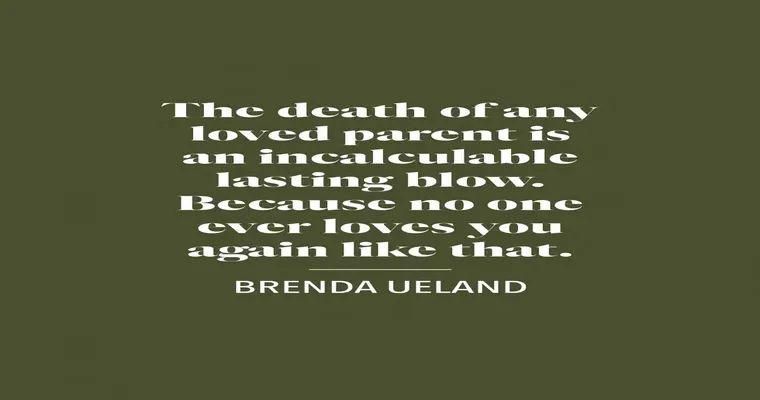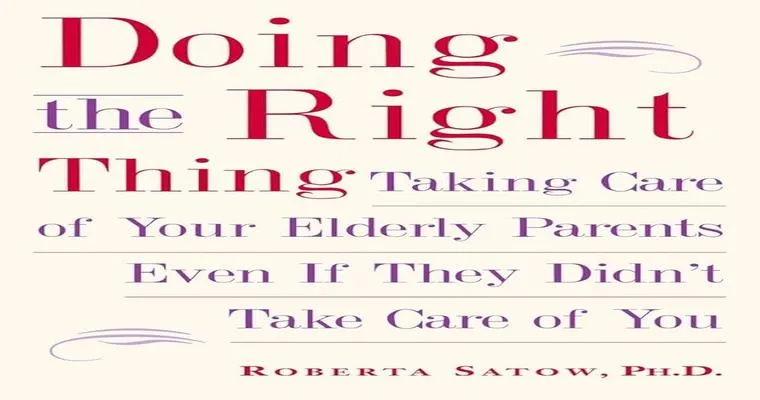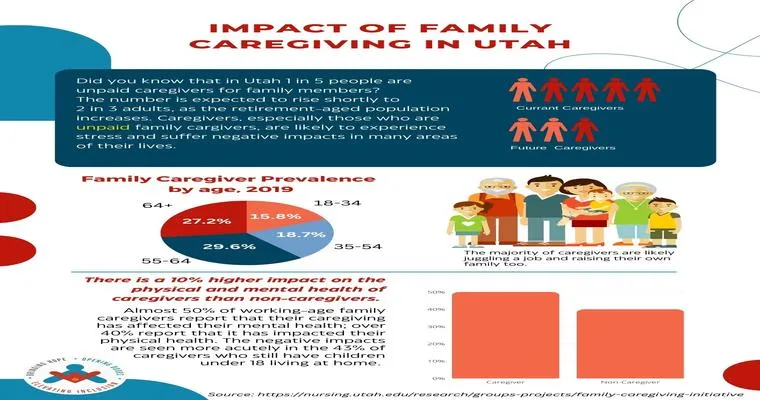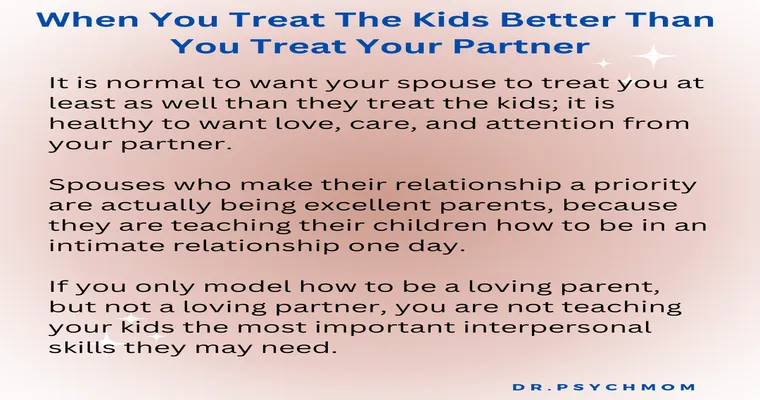Experiencing "compassion fatigue" can deeply affect how we process grief, especially after losing a loved one. When my father passed away two months ago, I found myself engulfed in a whirlwind of emotions, but I couldn't fully grasp the extent of my grief until now. The "challenges of managing my feelings" while dealing with daily responsibilities left me feeling "emotionally drained", unable to confront the reality of my loss.
Compassion fatigue often creeps in quietly. For many of us, caring for others—whether professionally or personally—can lead to a state where our own emotional needs become sidelined. As I navigated the aftermath of my father's death, I was overwhelmed by the need to support friends and family who were also mourning. This constant emotional labor made it difficult for me to focus on my own grief.
The initial days following my father's death were filled with tasks: planning the funeral, comforting relatives, and sorting through his possessions. I was functioning on autopilot, pushing my feelings aside to address what needed to be done. It wasn’t until two months later, in a quiet moment of reflection, that the weight of my loss hit me like a tidal wave. I realized that I had been so focused on "helping others" cope with their grief that I neglected to process my own.
Understanding the concept of compassion fatigue is crucial for anyone who finds themselves in a similar situation. It is not just about feeling tired; it is an emotional and physical exhaustion that can lead to "disconnection from your own feelings". This disconnection can result in delayed grief, where the pain of loss is postponed until one feels safe enough to confront it.
Acknowledging my compassion fatigue was the first step towards healing. It allowed me to create space for my grief. I began to set aside time to remember my father, sharing stories with friends who understood my loss. This act of reminiscing became a way to honor his memory while also recognizing my need to grieve.
If you find yourself struggling with compassion fatigue after losing someone you love, know that you are not alone. Here are some steps to help you navigate this complex emotional landscape:
1. "Recognize Your Feelings": Understand that it's okay to feel overwhelmed. Accepting your emotions is essential for healing.
2. "Prioritize Self-Care": Take time for yourself. Engage in activities that bring you joy or peace. Whether it’s walking, reading, or meditating, make self-care a priority.
3. "Seek Support": Talking to friends, family, or a professional can provide the understanding and empathy you need. Sharing your experience can alleviate the burden of grief.
4. "Set Boundaries": It’s important to know your limits. If you feel like you are caring for others at the expense of your well-being, it’s okay to step back and focus on your own healing.
5. "Allow Yourself to Grieve": Give yourself permission to feel sadness, anger, or confusion. Grief has no timeline, and it's important to process it in your own way.
In conclusion, "compassion fatigue" can significantly impact how we handle loss. My journey of grieving my father's death has taught me the importance of recognizing my emotional needs. Only by addressing my compassion fatigue could I begin to navigate the choppy waters of grief. Remember, it’s never too late to grieve, and taking care of yourself is not selfish, but a necessary step towards healing.





